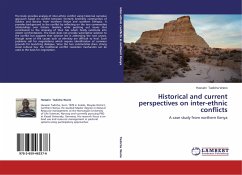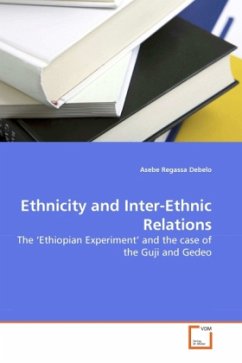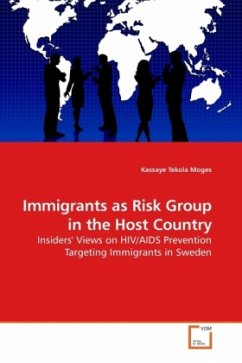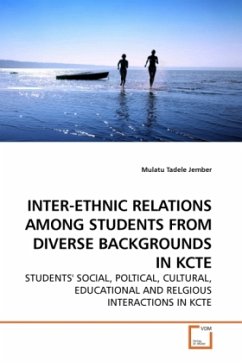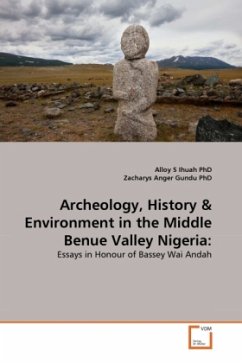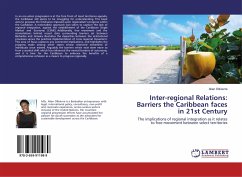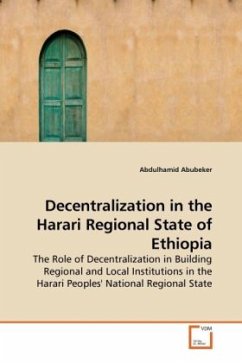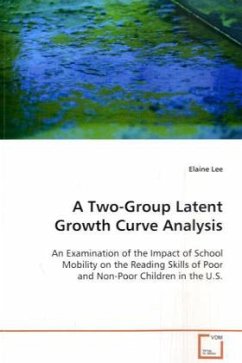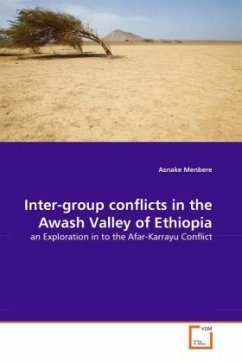
Inter-group conflicts in the Awash Valley of Ethiopia
an Exploration in to the Afar-Karrayu Conflict
Versandkostenfrei!
Versandfertig in 6-10 Tagen
32,99 €
inkl. MwSt.

PAYBACK Punkte
16 °P sammeln!
The Afar and Karrayu land is located to the north eastern part of Ethiopia. The two communities practice both pastoralist and agro-pastoralist as a livelihood. The study is mainly aimed at exploiting the nature of the Afar-Karrayu relations from 1991 to the present and to uncover the interplay of causes, structures and actors in the conflict. It also intended to assess the role of traditional conflict resolution mechanisms the groups have been using and state interventions to resolve and/or manage the conflicts. For this purpose qualitative method was employed. The Afar and Karrayu pastoralist...
The Afar and Karrayu land is located to the north eastern part of Ethiopia. The two communities practice both pastoralist and agro-pastoralist as a livelihood. The study is mainly aimed at exploiting the nature of the Afar-Karrayu relations from 1991 to the present and to uncover the interplay of causes, structures and actors in the conflict. It also intended to assess the role of traditional conflict resolution mechanisms the groups have been using and state interventions to resolve and/or manage the conflicts. For this purpose qualitative method was employed. The Afar and Karrayu pastoralists have had a long history of relationship which is marked by cordial coexistence and serious conflict. The Afar-Karrayu conflict is explained in terms of competition for scarce resources. But scarcity- who gets to eat and who does not' can be a necessary condition for violent inter-ethnic conflict but cannot be a sufficient condition for the appearance of violent inter ethnic conflicts at least in the Afar and Karrayu of north eastern Ethiopia.



